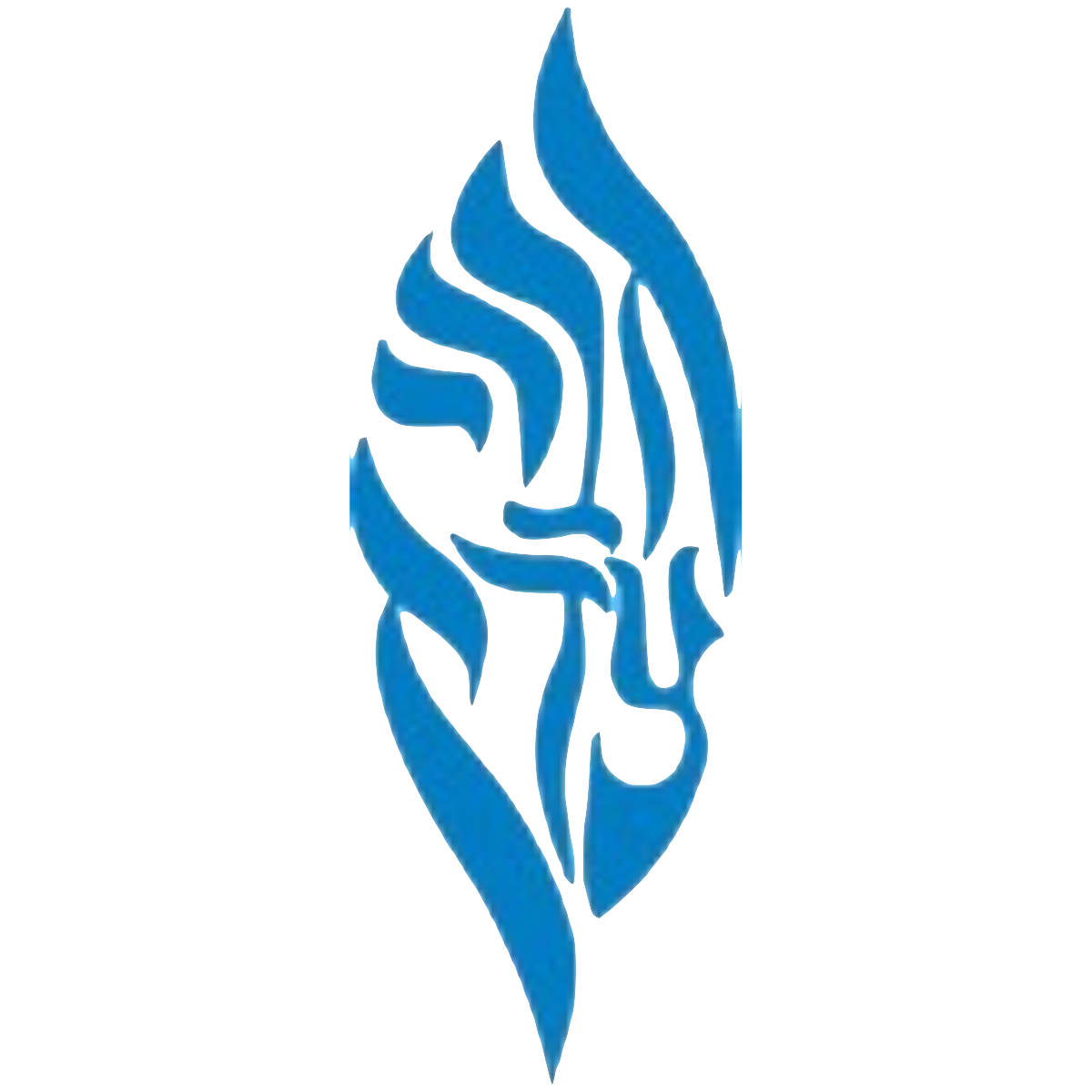This week, we read perhaps the most quoted passage from the Torah: ואהבת לרעך כמוך - You shall love your neighbor as yourself. (Leviticus 19:18) It’s not only referenced in connection with its place in Vayikra, it also shows up in other places, as a rule to live by. It’s the basis for the Golden Rule. It’s clearly underlying what Hillel famously says to the person who asks him to teach the entire Torah while standing on one foot: “What is hateful to you, do not do to another. That is the whole Torah; the rest is interpretation. Go and learn it.” (Babylonian Talmud Shabbat 31a) It is what Rabbi Akiva called a great principle of Torah. (Bereishit Rabbah 24:7)
Taken on its own, it’s a powerful statement about the essential nature of interconnectedness, of our obligation to see reflections of ourselves in the others we encounter and with whom we live.
When we put it back in its context in the parashah, we see that this verse has a bit of a dark side. We read, “Do not go as a talebearer among the members of your people. Do not stand by the blood of your fellow: I am the LORD. You shall not hate your kinsfolk in your heart. Reprove your kin but incur no guilt on their account. You shall not take vengeance or bear a grudge against members of your people. Love your fellow as yourself: I am the LORD.” (Leviticus 19:16-18)
The text is telling us that in order to fulfill the positive side of the command, i.e. loving our neighbors, we must also refrain from certain behaviors that are antithetical to love. If we gossip excessively, if we act as bystanders when someone is in need, if we carry grudges or hate in our hearts - even if we are outwardly friendly - we cannot honestly say that we love our neighbor.
Loving our neighbor is hard work. Whether the “neighbor” in question is part of our family, our community, our neighborhood or that “neighbor” is less closely connected to us, we often look at others and their life choices with judgment or even disdain. It is easiest to love our neighbors as ourselves when they are most like us. Meeting differences with an open heart is something that takes practice.
But this is what the Torah calls us to do. If the opening lines of Parashat Kedoshim are any indication, it is at the heart of what makes a community holy.
As a synagogue community, we are proud of the diversity that exists among those who call Chevrei Tzedek their spiritual home. We strive to celebrate our differences and to learn from each other. One area of difference, however, that we don’t talk about very often is religion. Many, if not most, and perhaps all of our families include members who are not Jewish. We have parents, partners, children and children in-law, and siblings who come from different religious traditions. These members of our families and of our community are precisely the neighbors that the Torah commands us to love.
If loving our neighbors is the core of building a holy community, we owe it to ourselves to look at our community and ask how we’re doing on that front. The Conservative Movement, for a number of years now, has been working on opening more paths of inclusion to our neighbors - our family members - who are not Jewish. At our upcoming Community Meeting on Sunday, May 18, we’ll spend some time exploring this issue, hearing personal stories, and thinking about how the command to love our neighbors as ourselves can inspire us to live up to our highest ideals.
In advance of the meeting, I’m coming to us with a request: Please share with me your personal stories of how Jewish communities (not just Chevrei, but certainly us too) have been welcoming to you and to members of your family who are not Jewish. I want to hear about moments of connection and embrace and also about moments of hurt and alienation - and everything in between. Your stories will remain anonymous and only I will be able to read them in their entirety, but I would like your permission to share pieces of them at the Community Meeting. To share your story, please fill out this Google form. I’m looking forward to hearing from you and to beginning this important conversation.
Shabbat shalom.
Join us for Shabbat services on Saturday mornings at 10:00am at the Myerberg Center.
Member Login
